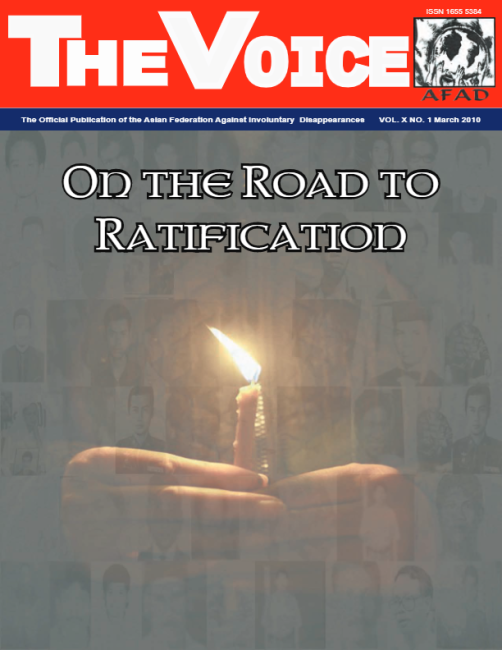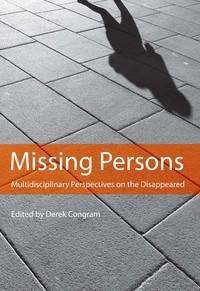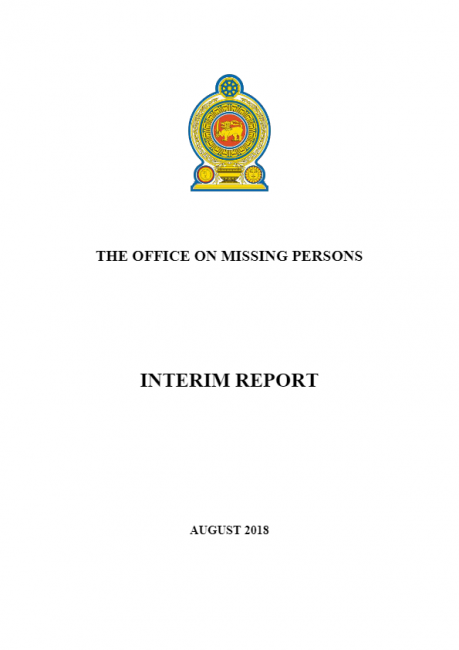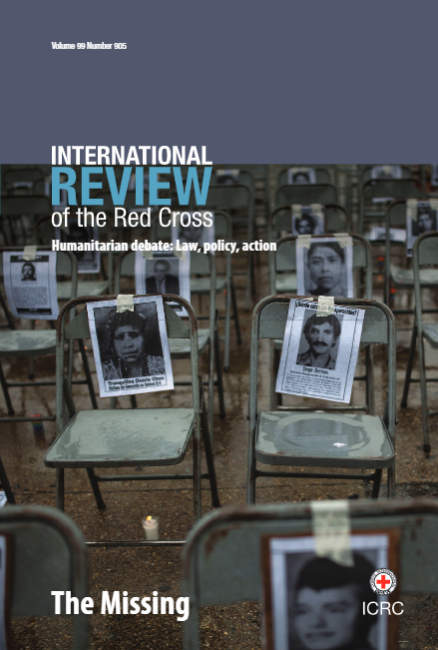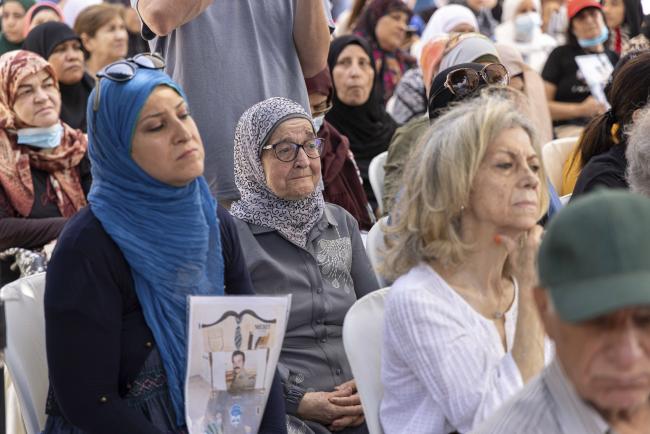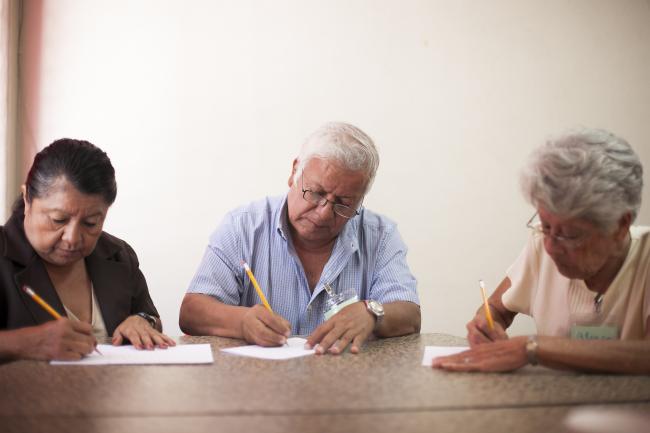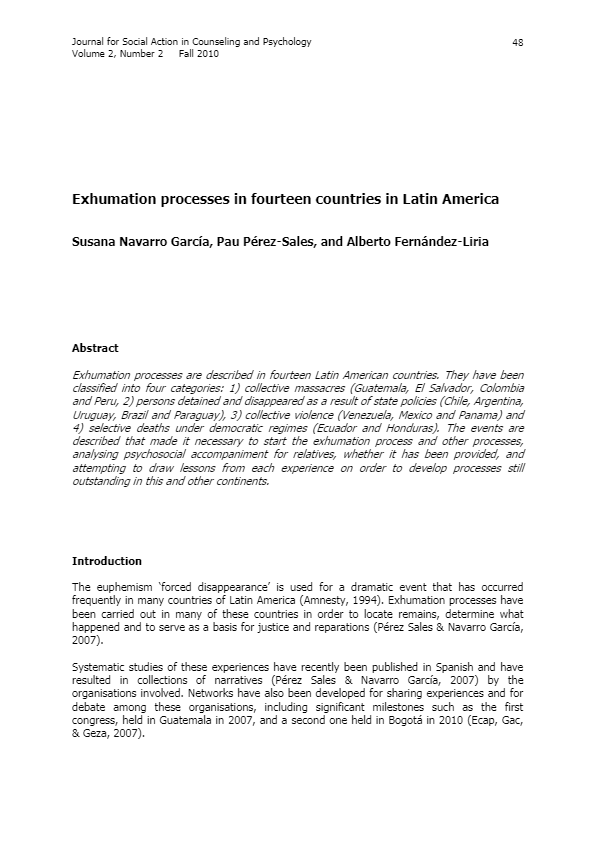
Journal
Exhumation processes in fourteen countries in Latin America
Author
Susana Navarro García, Pau Pérez-Sales, Alberto Fernández-Liria
Publication Year
2010
Thematic Area
Forensics
/
Families
Topic
Recovery of remains / Excavation / Exhumation
/
Psychosocial Support
/
Enforced Disappearance
Access
Open access
Exhumation processes are described in fourteen Latin American countries. They have been classified into four categories: 1) collective massacres (Guatemala, El Salvador, Colombia and Peru), 2) persons detained and disappeared as a result of state policies (Chile, Argentina, Uruguay, Brazil and Paraguay), 3) collective violence (Venezuela, Mexico and Panama) and 4) selective deaths under democratic regimes (Ecuador and Honduras). The events are described that made it necessary to start the exhumation process and other processes, analysing psychosocial accompaniment for relatives, whether it has been provided, and attemptong to draw lessons from each experience in order to develop processes still outstanding in this and other continents.
Share


